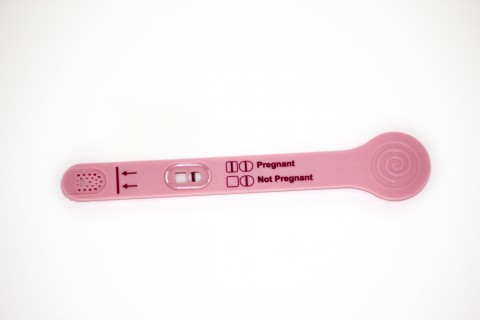A team of medical researchers from Warwick University, United Kingdom may have discovered the root cause of serial or recurrent miscarriages, and are developing treatments to combat it.
Recurrent miscarriage is defined as losing at least three pregnancies in a row.
The researchers found that the root cause of the serial miscarriages is a problem with the lining of the womb tissue, which is a key element in achieving and maintaining pregnancy.
The research finding published in the journal Stem Cell reports has it that there are stem cells in the lining of the womb tissue which causes it to be constantly replenished and renewed throughout a woman’s life.
It was found that the woman who had suffered a miscarriage have fewer of the cells, and even the few they had were different from the normal ones.
This caused the lining of the womb tissue in a woman who has suffered a miscarriage to be older and less able to prepare for pregnancy.
The researchers have highlighted two potential treatment methods to combat the condition.
One is to slightly scratch the lining of the womb tissue to spur the stem cells into action, while the other is to use drugs already used to treat diabetes, which can boost the stem cells.
But that would be after developing a test that will determine the number of stem cells present in the lining of a woman’s womb.
One of the researchers, Siobhan Quenby says the treatment, which is expected to cost less than £1,000 (app N290,000) should be available in five years.




 Premier League
Premier League